At arugula is a type of lettuce that has grown in popularity significantly over the past 30 years. The spicy, nutty leafy vegetables are often called "rocket" in German and have their origins in the Mediterranean region.
What you should know about arugula

Rucola is one of the crayfish family and has only been known and popular in Germany for around 30 years. Before that, it was considered a pure weed. Today, however, it is almost a delicacy and is represented at every good salad buffet.
Rocket is related to the mustard plant, which can be recognized by its taste. In terms of taste, it is one of the most interesting leafy vegetables. It is not only pleasantly spicy, but also slightly spicy. It also tastes slightly nutty. The mustard oils contained in rocket, also known as glucosinolates, are responsible for this nutty-spicy taste. The taste of rocket harmonizes particularly well with Italian dishes. There, in Italy, rocket is particularly popular and is often used in the kitchen.
Given this fact, it is not surprising that arugula has its origins in Italy and its surroundings. Even in ancient Rome, green leafy vegetables are said to have landed regularly on the plate. The Italian name "Rucola" has also established itself in Germany and is used more often than its German counterpart "Rauke".
Rocket has now had a steep career not only in Europe, but even worldwide. Not only Europe, but also Egypt and India appreciate the slightly spicy salad. The main growing area will always remain Italy.
Rucola imported from Italy is available in German supermarkets all year round. However, the main rocket season is between May and October. The rocket usually comes from open-air cultivation in climatically mild areas of Germany and tastes particularly spicy. The rather undemanding plant is also often cultivated in greenhouses out of season. In addition to specially cultivated varieties, there is also the "wild rocket", whose leaves are a little darker green and which tastes a bit more intense, but is very rare and difficult to get.
Importance to health
As a low-calorie leaf vegetable, rocket is very suitable for a calorie-conscious diet. In the Middle Ages, the herb was valued as a means of draining water and solving digestive problems.
Even today, nutritionists like to recommend arugula as a medicinal plant, as the mustard oils it contains can have beneficial, anti-inflammatory effects in the body in many ways. Rocket is a light, natural antibiotic. In addition, the rocket is said to stimulate appetite and even increase potency.
Rocket is also rich in iodine. The trace element supports the thyroid gland in its function. Folic acid, a vitamin from the B group, is also found in abundance in rocket. Not only does it promote the health of unborn children, but it can also prevent dementia and cardiovascular problems.
Ingredients & nutritional values
| Nutritional information | Amount per 100 gram |
| Calories 27 | Fat content 1.6 g |
| cholesterol 0 mg | sodium 27 mg |
| potassium 369 mg | carbohydrates 2.1 g |
| protein 2.6 g | vitamin C 62 mg |
The water content of the rocket is about 92 percent. In addition to the mustard oils already mentioned, rocket contains a lot of iodine. The green leafy vegetables also contain other minerals and some vitamins. The details for the micronutrients are also based on 100 grams of fresh rocket:
- 1.5g iron
- 0.4g zinc
- 34mg magnesium
- 2 μg iodine
- 369mg potassium
- 160mg calcium
- 0.04mg vitamin B1
- 0.09mg vitamin B6
- 0.07mg vitamin B12
- 62mg of vitamin C.
- 1mg vitamin E.
Intolerances & allergies
Rucola can have high nitrate levels, especially due to mistakes in cultivation, for example due to the use of too much or unsuitable fertilizer. Too much nitrate can be particularly dangerous for infants and young children, as it reduces the transport of oxygen in the blood. It is therefore better not to consume arugula until the end of toddlerhood.
A certain danger, especially when collecting arugula independently, is mistaking it for a poisonous plant that looks very similar to arugula: ragwort or ragwort. The leaves can only be distinguished optically by a layperson by looking closely. Packaged rocket is strictly controlled, however, and the poisonous plant should be exposed quickly when the ragwort has a strong taste.
Shopping & kitchen tips
When buying, you should make sure that the leaves are lush green and look fresh and crisp. When transporting it, it should always be at the top of the basket so that it is not crushed by heavier objects. Smaller leaves are preferable to larger ones, as arugula leaves that are too large often taste bitter and are tough when chewed.
Rucola wilts very quickly, usually within the first one to three days after purchase. Therefore, you should only buy the amount that is really needed. The shelf life can be extended somewhat if the rocket is either packed in a freezer bag or wrapped in a damp kitchen towel and in both cases placed in the refrigerator. Before consumption, rocket should be washed thoroughly and then dried in a salad spinner.
Before doing this, it is advisable to remove leaves that have turned yellow and cut off the coarse ends of the stem. Cutting off the stem ends is not only due to taste, but also health-related: Most of the nitrate is deposited in the stem ends, which should be avoided in the diet as much as possible.
Preparation tips
All kinds of things can be made from rocket. It fits particularly well into the Mediterranean cuisine, where it has its origin. It looks just as good raw on pizza as it is in salads and cooked with pasta, in vegetable dishes and in soups.
Dips, for example made from cream cheese, often go well with the green leafy vegetables. A rocket pesto made from rocket, olive oil and pine nuts can be a tasty alternative to traditional basil pesto. The rocket also cuts a fine figure in the trend drink "Green Smoothie" and, thanks to its subtle spiciness and sharpness, also provides an interesting taste note.

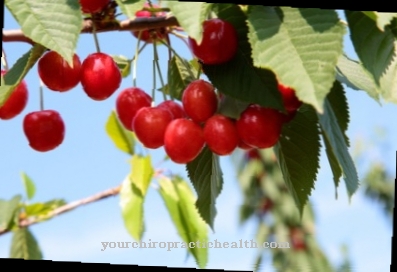
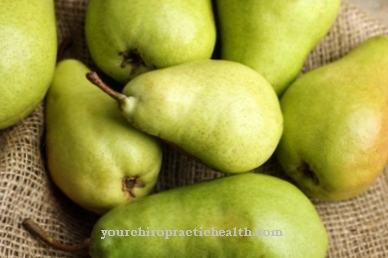
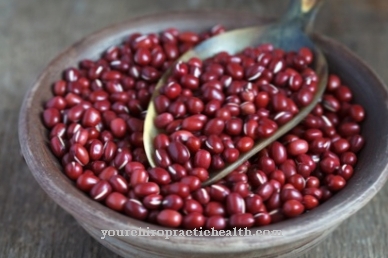
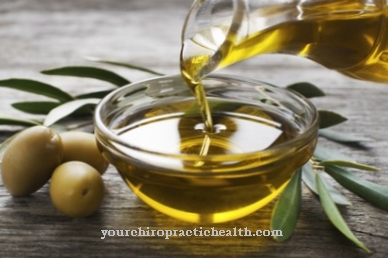

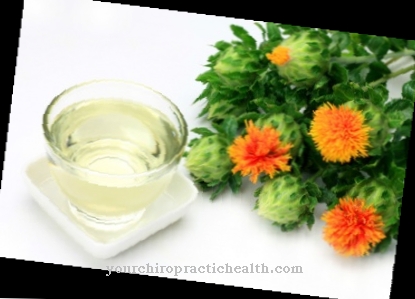






.jpg)

.jpg)
.jpg)











.jpg)